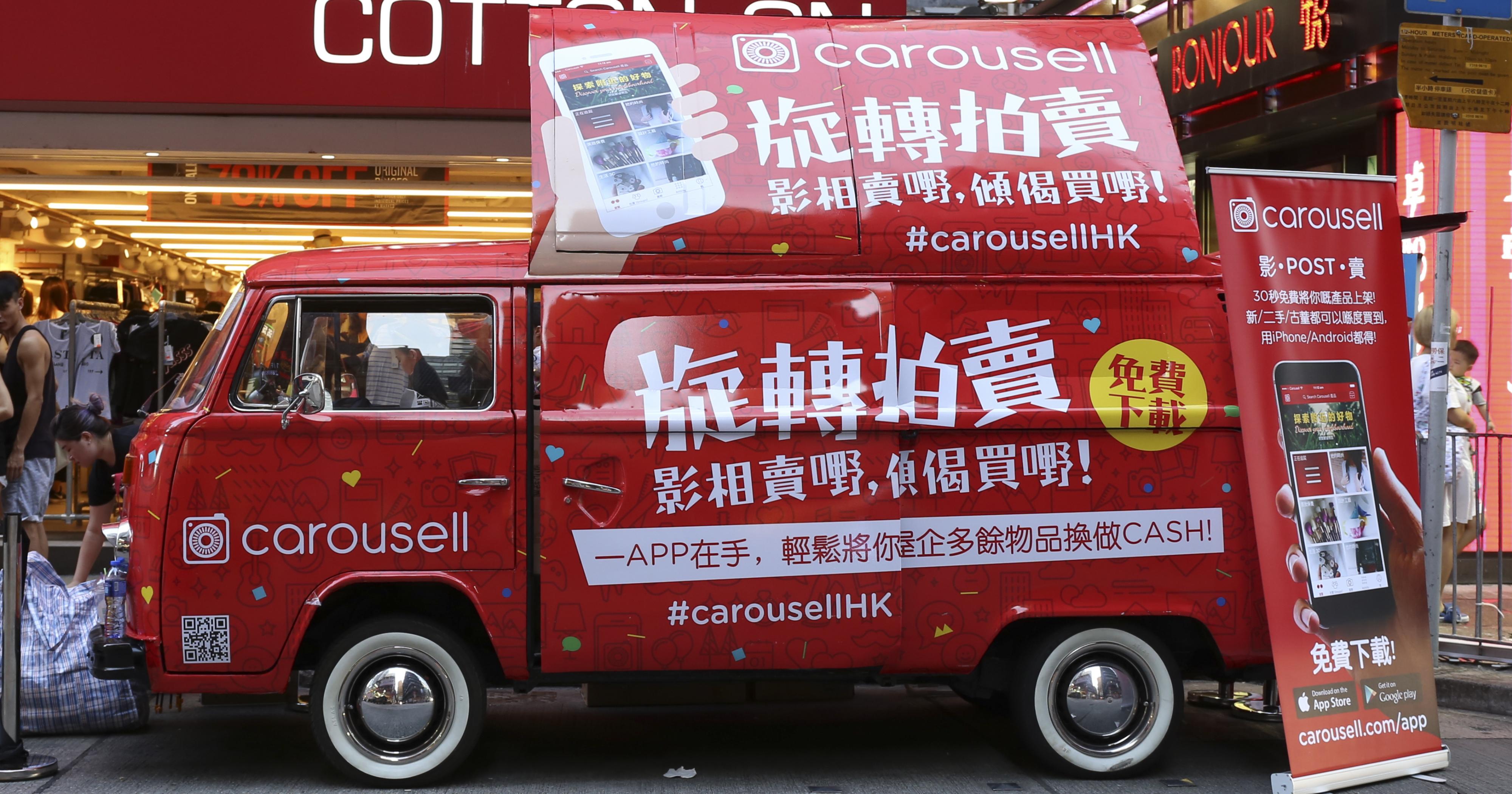Carousell recently merged with 701Search, a classifieds firm owned by telecomm giant Telenor, that owns general classifieds sites in Malaysia, Vietnam and Myanmar.
The deal will value Carousell at US$850 million (S$1.15 billion) with Telenor being the largest minority shareholder at 32 per cent.
Co-founder and CEO of Carousell, Quek Siu Rui, welcomed the move, calling it a chance to create more "opportunities that are mutually beneficial for our community of users, and inspire even more people to start selling and buying".
So how did an app where people basically test the limits of human goodness get to a billion dollars?
Lowballed from the start
Carousell was started by three friends from NUS, Quek Siu Rui, Marcus Tan and Lucas Ngoo.
One of their first brushes with funding came in the form of a S$10,000 NUS grant.
According to an interview with Huffpost, the professor dismissed their idea as having been done before.
Undaunted, they did a more succinct sales pitch, and convinced the professor to grant them a S$7,000 grant, a sum that proved essential in kickstarting Carousell.
Caroubuy-in
Like any startup, they faced the very real problem of developing a critical mass.
It might seem unthinkable now, with Carousell even seeping into the Singapore lexicon, but the survival of the app wasn't always a given.
The app did get off to a promising start, as their first day of launch saw so many users that it crashed their servers.
But there were tough times as well.
In the Huffpost interview, Siu Rui shared that at one point, there was a day where Carousell only managed seven signups.
But they were encouraged by the relatively high number of active users at the time, about 400. That belief in their company's potential would be further tested a few years later.
According to a Today article, the Carousell team rejected a US$100 million offer back before their absolutely monumental rise, when Siu Rui was just 26 (he's now 31).
Carou-invest
Even with their successes, monetisation is still an issue for Carousell, and many other tech upstarts.
In 2018, they generated US$7 million in revenue, while incurring over US$29 million in losses.
Which made investments crucial.
And the investments were on a slightly different scale than the initial S$7,000 grant by NUS.
A US$800,000 seed round was followed by a successful US$6 million Series A round led by Sequioa Capital.
Rakuten then led another US$35 million Series B round in 2016 and a US$85 million Series C round.
Gone worldwide
Issues of gaining a foothold in the public's conscious was not too much of a concern anymore either. By 2016, they already had over 35 million listings globally, and 70 listings created every minute.
Quite a long way from the seven-a-day days.
Which makes that very daring decision to reject a US$100 million offer, a bit of a low baller offer, in hindsight.
Typical Carouseller.
Photo by Rachel Cheung/South China Morning Post via Getty Images
If you like what you read, follow us on Facebook, Instagram, Twitter and Telegram to get the latest updates.
